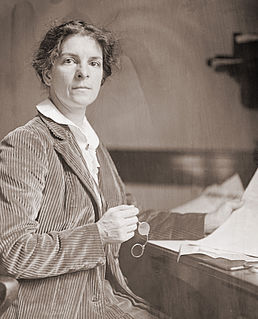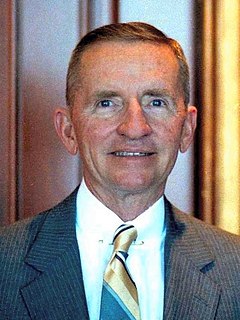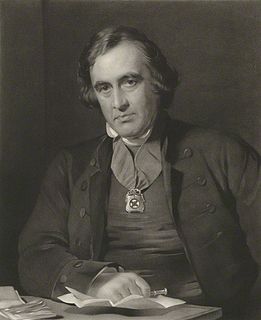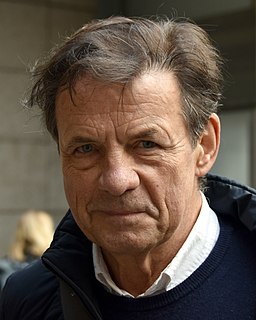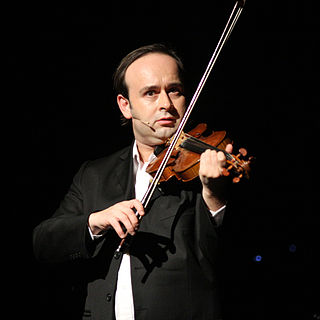A Quote by Rheta Childe Dorr
At a tender age, I commandeered half a quire of foolscap from my father's desk and sat down to write a book. ...I had observed onprinted fly leaves the words "By the author of, etc." ...So under the title of my prospective work I wrote: By the author of "Les Miserables," "The Woman in White," "Dombey and Son," "Tom Brown's Schooldays" and "Our Life in the Highlands," the last-named being an opus of good Queen Victoria. I had not read all these works but they existed on our bookshelves, and I hoped to produce something worthy of comparison.
Quote Topics
Related Quotes
I had written a book. For various reasons, the publishing industry had decided that my book was going to be 'important.' The novel had taken me 12-and-a-half years to write, and after being with the book for so long, I had no real perspective on the merits or demerits of what I had written. I hoped it was good, but feared that it wasn't.
"The best is oftentimes the enemy of the good;" and without claiming for an instant that title of good for my book, I do not doubt that many a good book has remained unwritten, or, perhaps, being written, has remained unpublished, because there floated before the mind's eye of the author, or possible author, the ideal of a better or a best, which has put him out of all conceit with his good.
I love bookshelves, and stacks of books, spines, typography, and the feel of pages between my fingertips. I love bookmarks, and old bindings, and stars in margins next to beautiful passages. I love exuberant underlinings that recall to me a swoon of language-love from a long-ago reading, something I hoped to remember. I love book plates, and inscriptions in gifts from loved ones, I love author signatures, and I love books sitting around reminding me of them, being present in my life, being. I love books.
No one really knows the value of book tours. Whether or not they're good ideas, or if they improve book sales. I happen to think the author is the last person you'd want to talk to about a book. They hate it by that point; they've already moved on to a new lover. Besides, the author never knows what the book is about anyway.
We've always dreamt of a TV series and working in film. When we first sat down to seriously write 'A Little Nightmare Music,' to write something for TV was our original inspiration. But all the stuff we were writing down is not going to work on stage. We had to rewrite it so it would work on the stage.
The Founding Father expressed in words for all to read the ideal of Government based upon the dignity of the individual. That ideal previously had existed only in the hearts and minds of men. They produced the timeless documents upon which the Nation is rounded and has grown great. They, recognizing God as the author of individual fights, declared that the purpose of Government is to secure those rights.
Far away, where the swallows take refuge in winter, lived a king who had eleven sons and one daughter, Elise. The eleven brothers--they were all princes--used to go to school with stars on their breasts and swords at their sides. They wrote upon golden slates with diamond pencils, and could read just as well without a book as with one, so there was no mistake about their being princes. Their sister Elise sat upon a little footstool of looking-glass, and she has a picture-book which had cost the half of a kingdom. Oh, these children were very happy; but it was not to last thus forever.
We usually break the story first. For instance, on The Monuments Men, and this one is more complicated because there's a lot of history, so before we started, we sat down with Robert Edsel, the author of the book, for about a week, and basically, he just gave us a lecture and went through everything. And then, I had a researcher, somebody who we had actually used on Argo.
